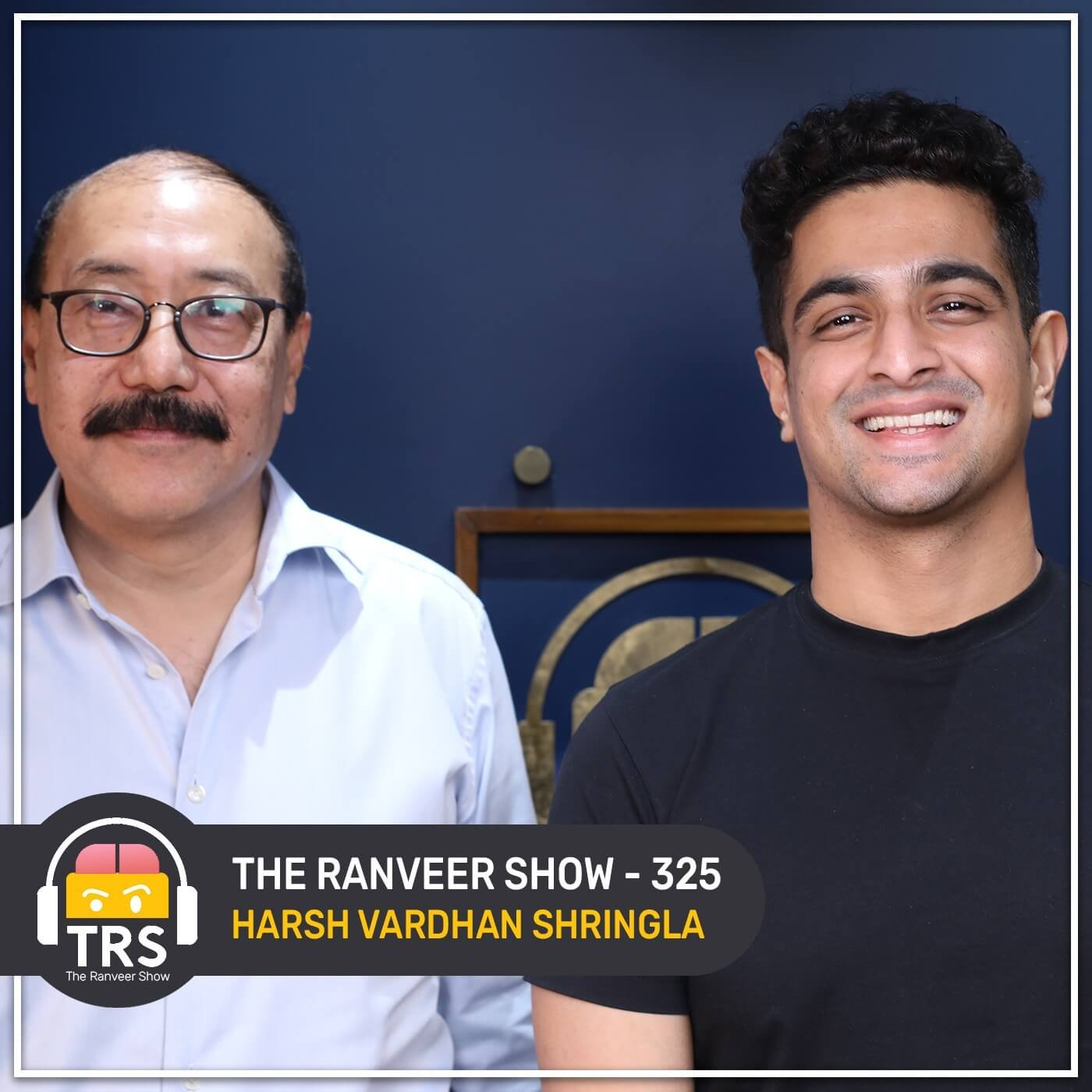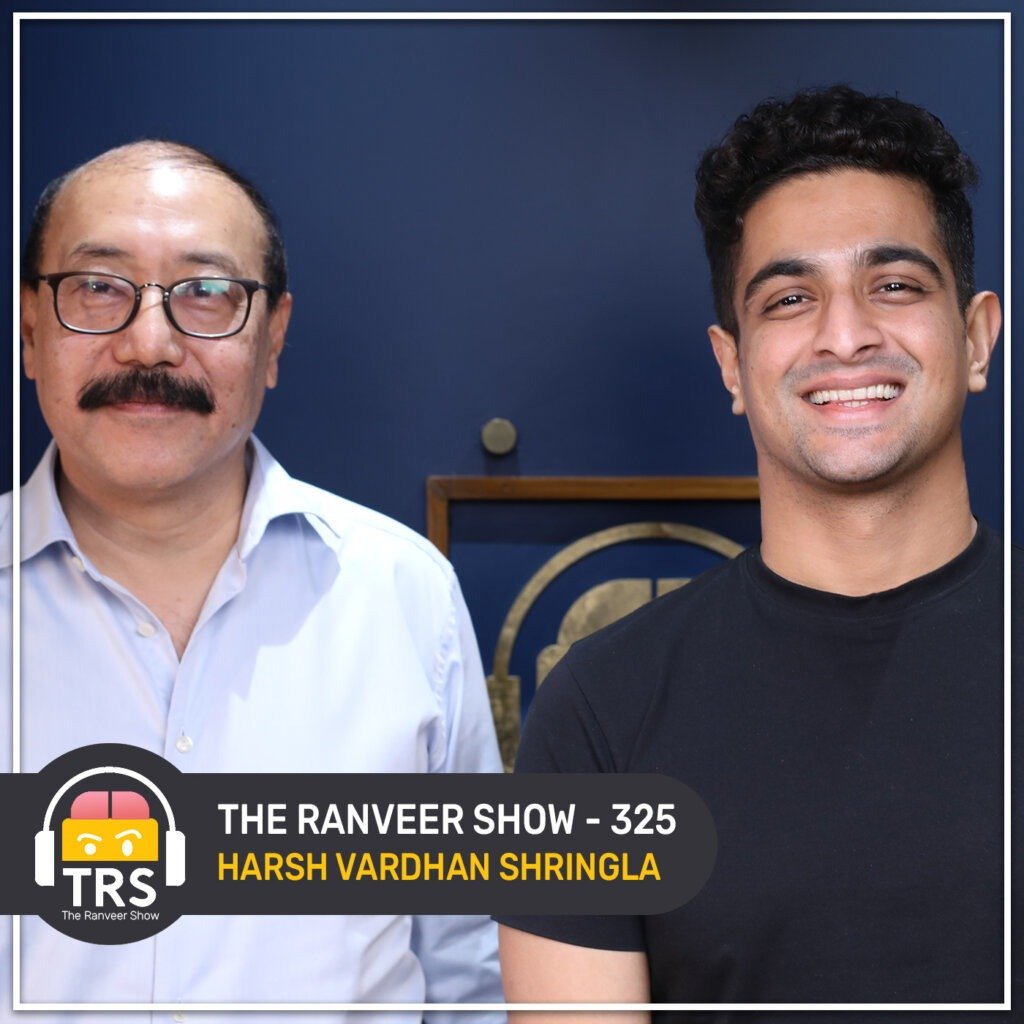Today we welcome Mr. Harsh Vardhan Shringla on our podcast. He is the Chief Coordinator for India’s G20 Presidency in 2023 and has previously served as Foreign Secretary of India and India’s Ambassador to the United States, High Commissioner to Bangladesh, and Ambassador to Thailand.
In this episode, Mr. Harsh Vardhan Shringla delves into various geopolitical topics such as His Profession, Pakistan’s Economic Condition, & more. He simply explained the working of the G20 Summit and how it originated from G7 and G8. Moreover, he talked about how Pakistan’s Economic crisis led to adverse situations in the country and how it has also affected its neighboring nations.
About His Profession
“I talk on behalf of the government to other governments. We are divided into countries, and each country has a representative who speaks, so I was that representative, to put it in simple terms. We need to communicate to cooperate and avoid miscommunication and conflicts. Communication is the most crucial part of interstate relations. The foreign secretary usually does this. It is fun, but at times, it gets serious.”
“I liked my job, so it was always fun. If you like it, you will enjoy it, and it will get the best of you. You shouldn’t be there if you don’t enjoy what you are doing. In the line of diplomacy that I have been in, there are operational issues that we look into.”
About G20
“I am currently handling the G20, and I get to organize it and get in touch with many people. It is a group of 19 nations and one organization. There is a lot of decision-making involved. There was a G7 and a G8. They made several financial and economic decisions. After the financial crisis of 2008, they realized they needed countries like Brazil, India, Russia, and China in the decision-making process. So the G20 was formed. It was financial and economic. Intergovernmental agencies lack a democratic mandate.”
India Under The Governance of BJP
“The signs were there in terms of political instability. There are global factors as well that have impacted situations beyond their control. They have faced the brutal effects of COVID and higher prices of oil, fertilizers, and food. We are very lucky to have been raised after COVID with a vigilant economy. The government did a good job of providing people with whatever they needed during the crisis. We are lucky to have people who are good at crisis management.”
Dawood And The Underworld
“I spent some time in the UN Security Council, where Dawood’s issue was discussed. He is a listed individual at the UN. States come under enormous pressure when they have such people. I think we have to use every mechanism at our disposal to make sure there is no scope of justification for terrorism of any kind. Dawood Ibrahim has committed unspeakable acts of terrorism in Mumbai, and there needs to be some accountability. I don’t know if he is alive, but people who need to know, know about it.”
“Terrorism organizations are funded by sympathizers, entities, and governments. People are sometimes attracted to the ideology of ISIS. Before, there was not as much scrutiny of funding as there is now. Now they have found other sources. Fake notes were also used for this, and luckily, demonization helped. We are not a controlled state, and democracy, by its nature, is more vulnerable to terrorism. Now agencies are more vigilant.”
“I think there were times when there were close situations in conflict zones. For example, in Cambodia, there was a war zone. Some of the situations were fateful. I have lost some of my colleagues. But you need to move on from our situations.”
His Thoughts On Dr. Jaishankar
“Dr. Jaishankar is a legend. He is the sharpest mind in diplomacy. He was the one who gave me a great opportunity. His ability to speak struck me. Watching him deal with difficult or sensitive situations is phenomenal. His grasp and application of foreign policies are rare to see in people. He is a calm person.”



Best best best..